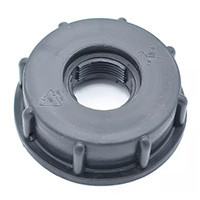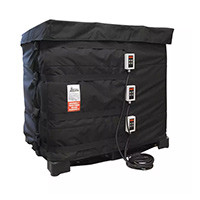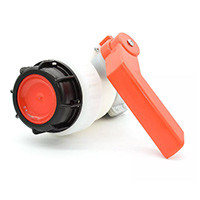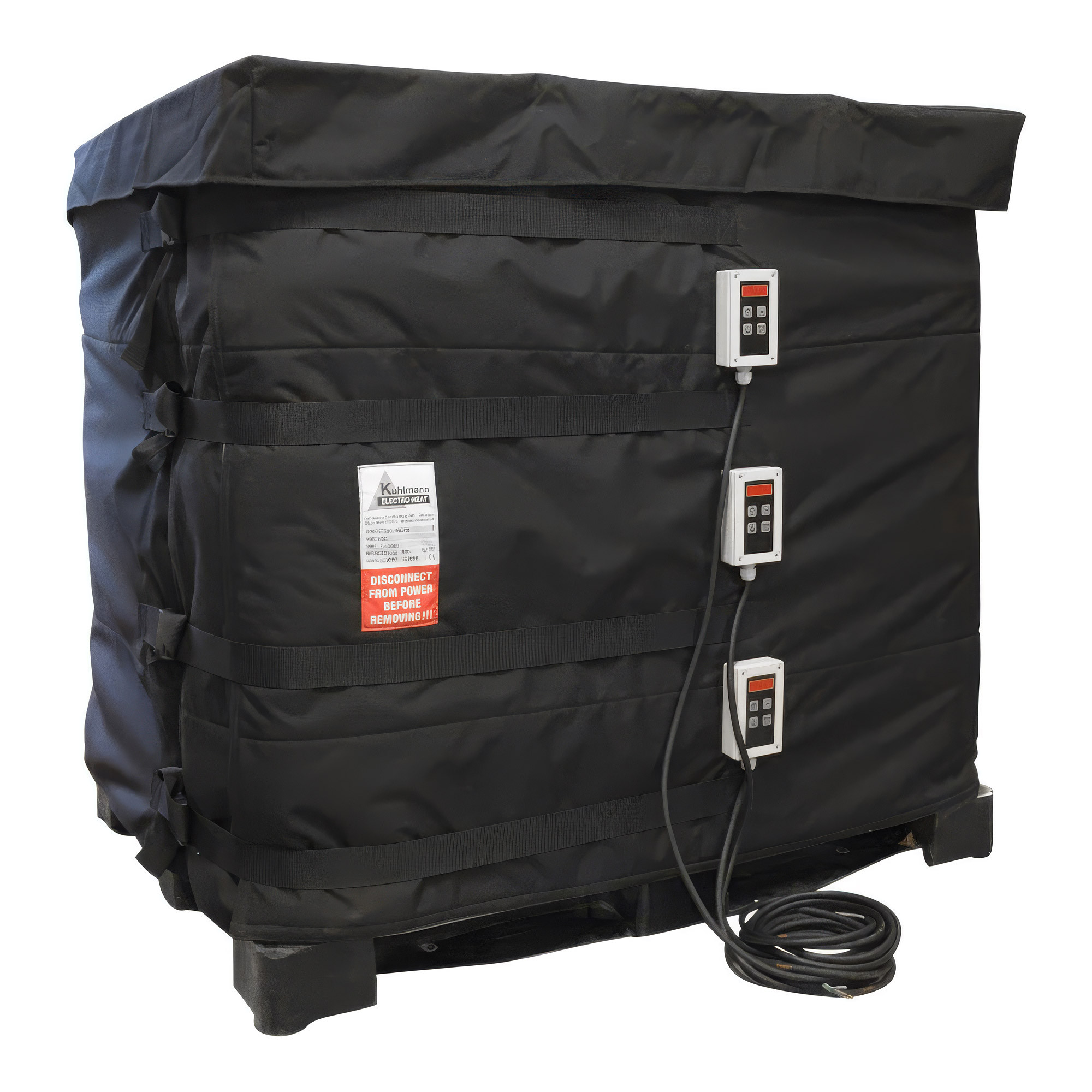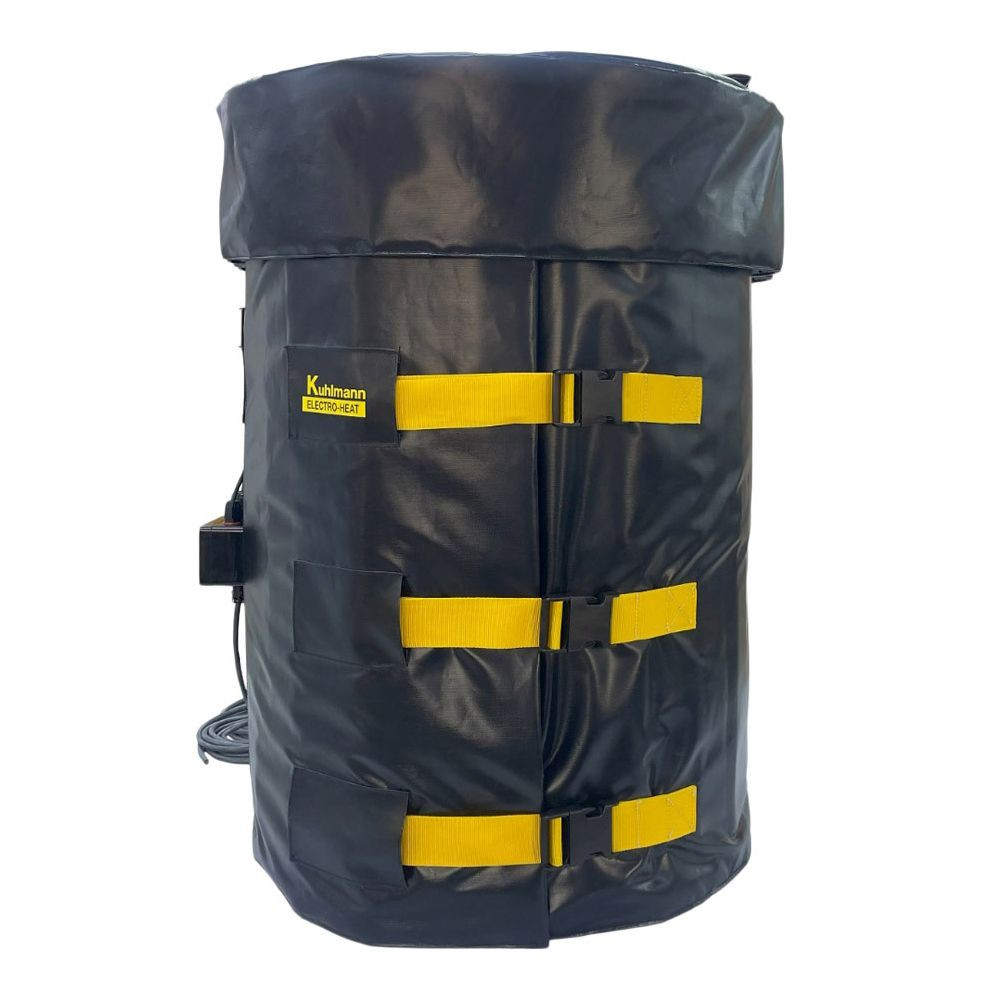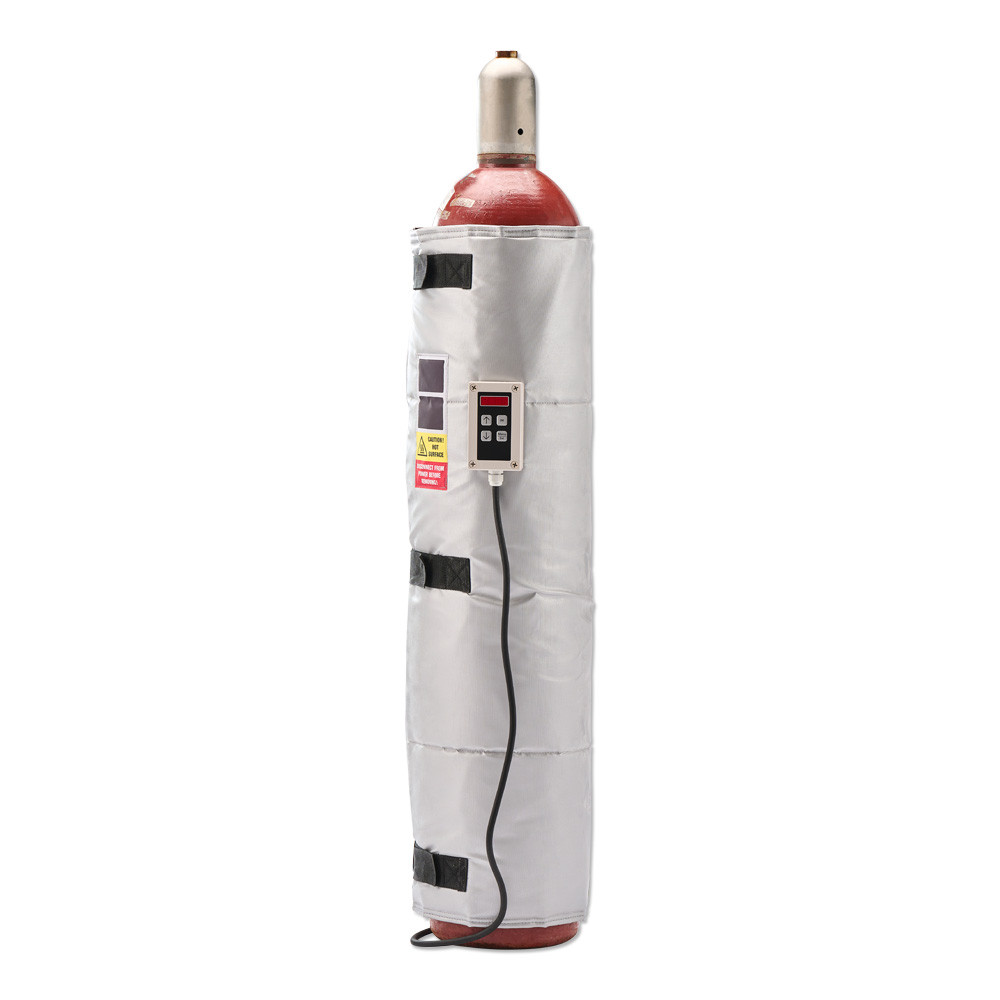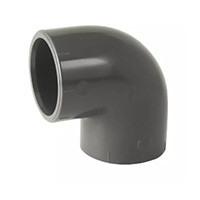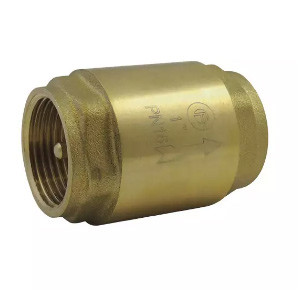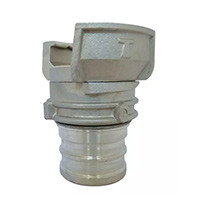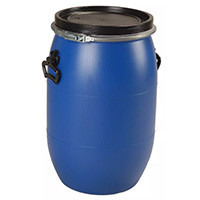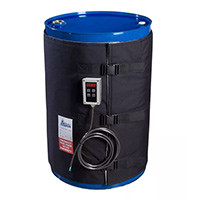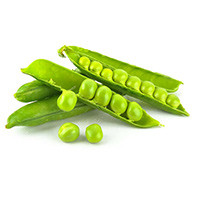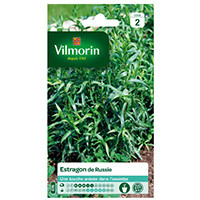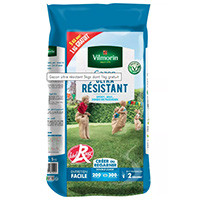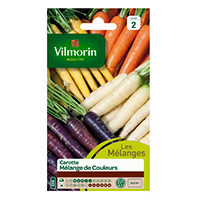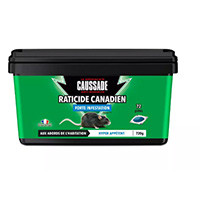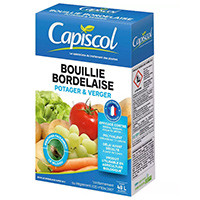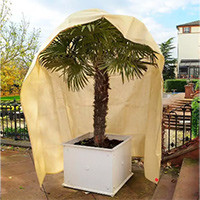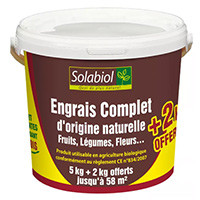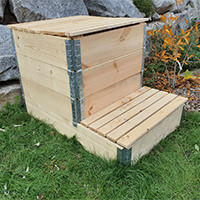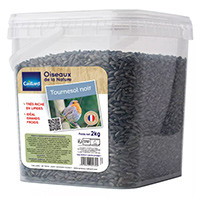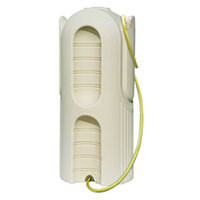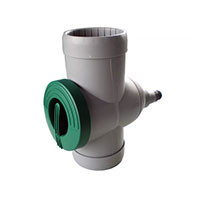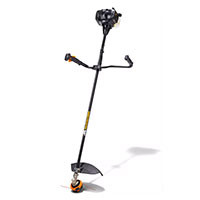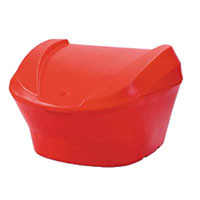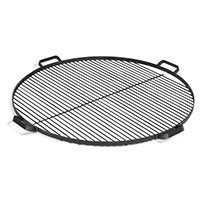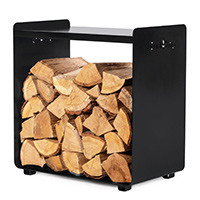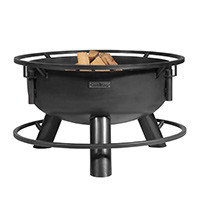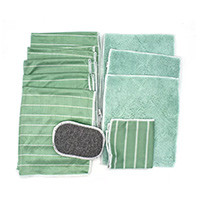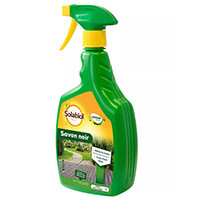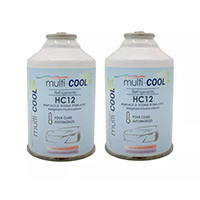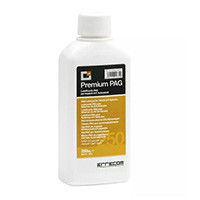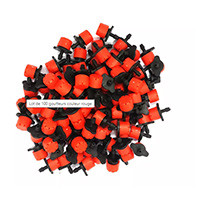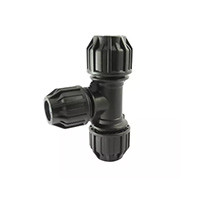
Our tips to protect trees and plants in winter
Our tips to protect trees and plants in winter
Trees and plants in the garden can suffer from cold and moisture during thewinter. Workout our best tips to help them withstand low temperatures and protect them from humidity while waiting for the warm weather to return.
Wintering the most fragile plants
While some plants (whetherpotted or in the open ground) are quite resistant to winter temperatures, others are less able to do so..
These include:
- Tropical flowering plants likely to suffer from the cold,such ashibiscus, orchid, heliconia or even the bird of paradise.... To protect them, consider wintering them as early as September by placing them in a bright spot,like averanda. Be careful, however, that it is no less than 10oC;
- Cacti, oily plants and succulents,to bereturned early enough in a bright but fresh room. Important: during the winter period, forget to water the cacti... You might drown them! Succulents can be watered a few times;
- Mediterranean plants such as laurel-rose, pelargonium or citrus fruits (lemon, orange, tangerine, bigaradier, etc.) that do not support the first frosts. If you can tuck them in, place them in a cool, airyroom, like a garage, as early as mid-October. The important thing is that they still get some light, even if they require less light than tropical flowering plants;
- Other plants that are very sensitive to frost,known as "gels",such as daturas or geraniums, will not hold up if you leave them outside.
Install winter protections on others
Unfortunately, there is little chance that you will be able to return all your plants that fear the cold... In which case, consider installing winter protections such as covers, tablecloths or wintering sails..
For potted plants, use antifreeze bags with a thick insulating film sewn onto the inner part, and the cord allows the cord to close completely without compressing the plant.
If there are some very classic white models - we think of 2m x 5m sails,or even easier covers to install - there are also slightly more whimsical products on the market. In order to brighten up a dreary garden and infuse the spirit of the holiday season, opt for a Santa Claus veil or a funny snowman version cover. For an authentic rendering, choose instead a jute model,more all-rounder.
These covers and sails, depending on their size, will protect your tropical and Mediterranean trees such as banana, bougainvillea, olive or fig tree, but also fragile shrubs such as rose bushes. If you use a veil, surround the branches well and tie the bottom so that the protection stays in place. For the most fragile plants, consider doubling or even tripling the thickness... What we wouldn't do to preserve our beloved plants!
Set up a mulch to protect the earth
Another ally of choice to help the plants of the garden to spend the winter: the establishment, from autumn,of a mulch so that the soil retains a little heat, whether in pots, at the foot of vegetables from the vegetable garden or shrubs of the massifs. For this, several solutions exist. These include:
- Dead leaves,a resource that is easily found and in large quantities in the fall. Warning: As this is a biodegradable material that decomposes and nourishes the soil, you may need to renew the mulch several times during the winter;
- Turf mowing,previously dried and also found in good quantities when the grass has been well maintained during the summer;
- Flax or hempflakes, which are best watered because they easily catch the wind at the time of installation;
- With grain straw,you are advised to buy from a certified organic farmer to prevent pesticide residues from contaminating your garden. One of its strengths: it clings rather well to the massifs or sloping gardens;
- Cocoashells, which contribute to the revaluation of chocolate waste and which have the advantage of being very rich in nutrients;
- In the pouzzolane also called "lava stone" for its dark color, a mineral mulch that has the advantage of being both aesthetic and durable but does not nourish the soil as do the plant mulch mentioned above;
- Hemp/jutecanvas, suitable for all seasons but which, in winter, protects the soil from frost without decomposing too much.
The installation of market gardening tunnels in the vegetable garden
To protect winter crops from the elements, consider installing films, sails and growth covers such as this 100% compostable grain flour market gardening tunnel. The plants in the vegetable garden will also be protected from the cold and wind.
Share this content





